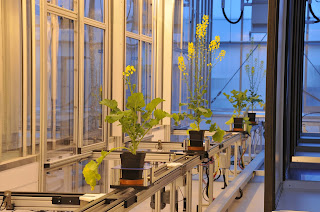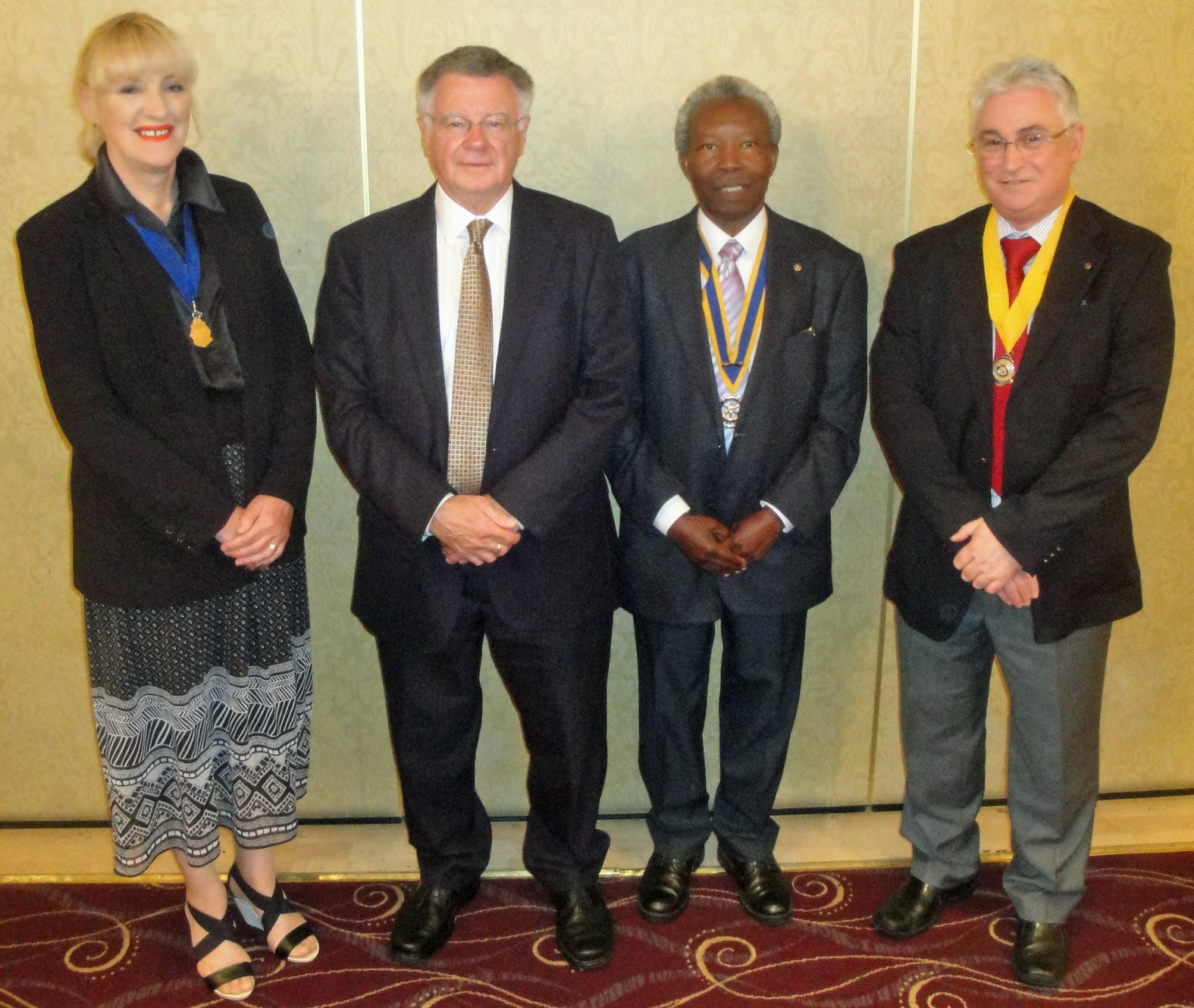BRAVO - optimising the performance of brassica crops
Aberystwyth University’s Institute of Biological, Environmental and Rural Sciences (IBERS) is a lead partner in a new five-year project aimed at combating the losses experienced by two of the UK’s most economically valuable vegetable crops.
Oilseed rape and Brassica crops have a combined UK market value in excess of £1bn, but suffer annual losses of up to £230m, primarily due to increasingly unfavourable and unpredictable weather patterns.
The ‘Brassica Rapeseed and Vegetable Optimisation’ programme (BRAVO), funded by the Biotechnology and Biological Sciences Research Council (BBSRC), aims to combat these crop losses by unravelling the processes that control key aspects of plant development.
This knowledge will then be applied to help develop new, more resilient varieties of Brassica crops that can achieve superior field performance whilst reducing yield loss and industry wastage.
The BRAVO project, led by Professor Lars Østergaard of the John Innes Centre (JIC), brings together the expertise of leading UK plant scientists from three research institutes - JIC and Rothamsted Research and the Institute of Biological, Environmental and Rural Sciences at Aberystwyth University and the universities of Nottingham, Bath, Warwick and York.
They will be collaborating with representatives from the oilseed and horticultural industries.
Professor John Doonan, Director of the BBSRC funded National Plant Phenomics Centre at IBERS said: “Producers need improved resilience to adverse environmental conditions to cope with the combination of climatic variability and the increasingly stringent delivery time and quality requirements imposed by the food industry.
“IBERS will apply state of the art bio-medical imaging and computer-vision approaches to reveal and exploit the diversity available in these crops, making the food supply chain more efficient and robust.”
Environmental conditions influence a number of key stages of plant development including inflorescence growth, flowering, fertilisation and seed production. In the face of climate change, it is more important than ever that our crops are capable of tolerating rapidly changing environmental conditions while still maintaining good vigour and achieving consistently high yields.
Discussions between BBSRC BRAVO consortium members and industrial stakeholders identified a number of strategic targets sensitive to such changing weather patterns. These include more concise flowering, consistently high fertility under fluctuating environments, reduced yield loss and more uniform seed performance.
As well as improving the fundamental understanding of how Brassica crops grow and respond to the environment, the £4.4 million BBSRC BRAVO project will support the training of young scientists and raise industry stakeholder awareness of new developments through workshops in Brassica genetics, genomics, phenotyping and modelling.
Professor Lars Østergaard said: “As our climate changes and the global human population is predicted to exceed 9 billion people by 2050, it is more important than ever that our crops are able to grow and produce as much food as possible in varying weather conditions and season lengths. By unravelling and exploring the processes behind important genetic traits in crops, we will provide a basis for the development of improved Brassica crops that reduce losses and withstand changes in climate and environmental conditions.”
BBSRC’s Strategic Longer and Larger (SLoLa) grants support integrated research projects requiring long timescales, extensive resources and multidisciplinary approaches.
Supported projects must be scientifically excellent, demonstrate exceptional relevance to one or more of BBSRC’s strategic priorities, an understanding of the potential for impact and be conducted by an internationally leading research team.
BBSRC’s Head of Agriculture and Food Security, Dr Adam Staines added:
"This proposal addresses a number of key BBSRC research priorities. Making UK crops more resilient to our changing climate is key to maintaining future productivity and reducing food waste. This group is building on past investments in basic plant science and translating this knowledge to key UK crops, working with the relevant industry to deliver real potential long term benefits for UK farmers. "
Photo: Rapeseed plants being scanned in the BBSRC funded National Plant Phenomics Centre at IBERS Aberystwyth University.
BBSRC www.bbsrc.ac.uk
The Biotechnology and Biological Sciences Research Council (BBSRC) invests in world-class bioscience research and training on behalf of the UK public. Its aim is to further scientific knowledge, to promote economic growth, wealth and job creation and to improve quality of life in the UK and beyond. Funded by Government, BBSRC invested over £473M in world-class bioscience in 2015-16. It supports research and training in universities and strategically funded institutes. BBSRC research and the people it funds are helping society to meet major challenges, including food security, green energy and healthier, longer lives. Its investments underpin important UK economic sectors such as farming, food, industrial biotechnology and pharmaceuticals.
IBERS www.aber.ac.uk/en/ibers
The Institute of Biological, Environmental and Rural Sciences (IBERS) is an internationally recognised research and teaching centre providing a unique base for research in response to global challenges such as food security, bioenergy and sustainability, and the impacts of climate change. IBERS scientists conduct basic, strategic and applied research from genes and molecules to organisms and the environment. IBERS receives strategic research funding of £10.5m from the BBSRC to support long term mission driven research, and is a member of the National Institutes of Bioscience. IBERS also benefits from financial support from the Welsh Government, DEFRA and the European Union.
About Aberystwyth University www.aber.ac.uk
Established in 1872, Aberystwyth is a leading teaching and research university. In the 2016 National Student Survey, the University was ranked the best in Wales and one of the top ten higher education institutions in the UK for overall student satisfaction. It is one of the top 40 universities in the UK according to the Times Higher Education’s World Rankings 2015-16 and is 35th in the UK for ‘Research Quality’ (Sunday Times University Guide 2015). The University is a community of around 11,000 students and 2,000 staff and is about creating opportunities, research with excellence that makes an impact, teaching that inspires, engaging the world, working in partnership and investing in our future. Registered charity No 1145141.



Comments